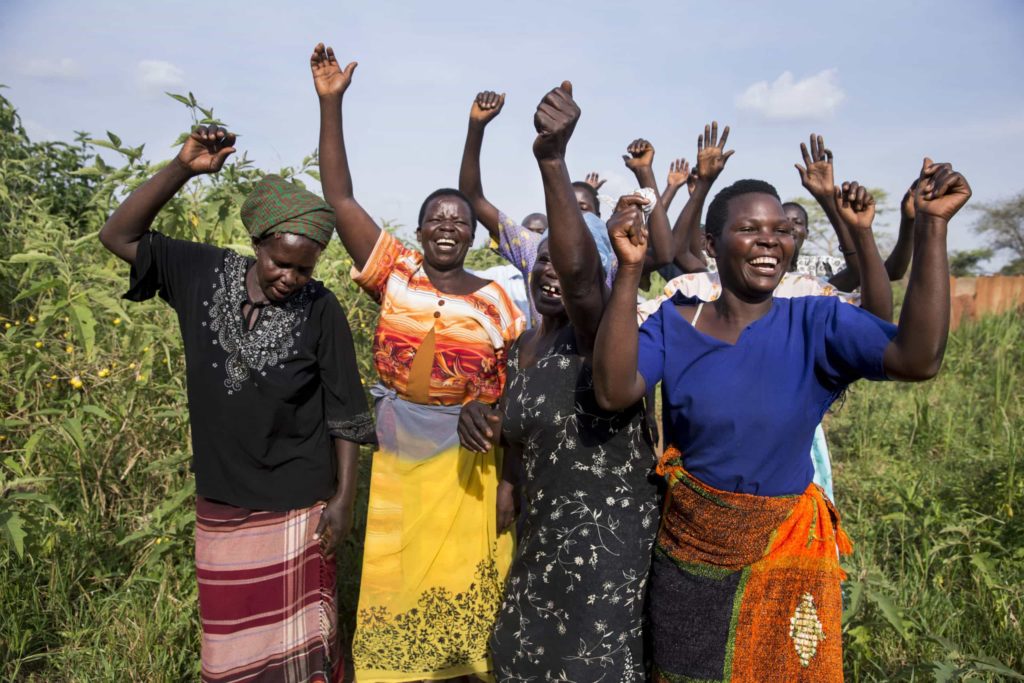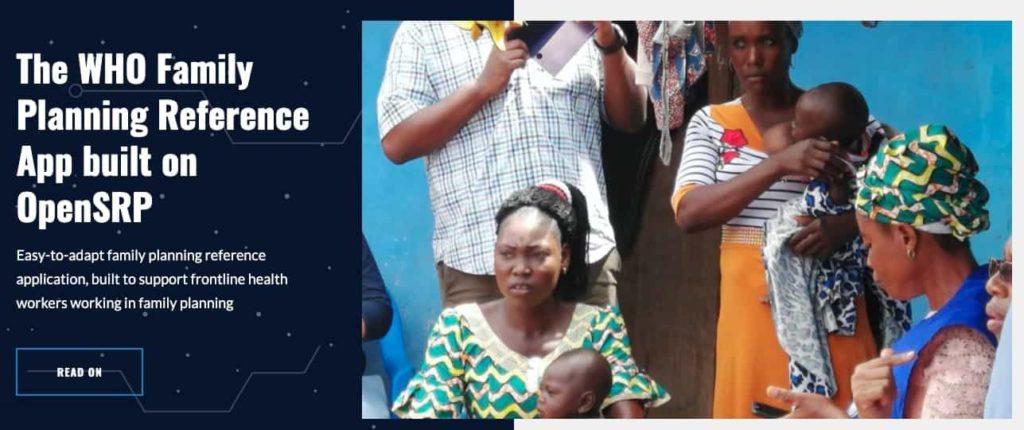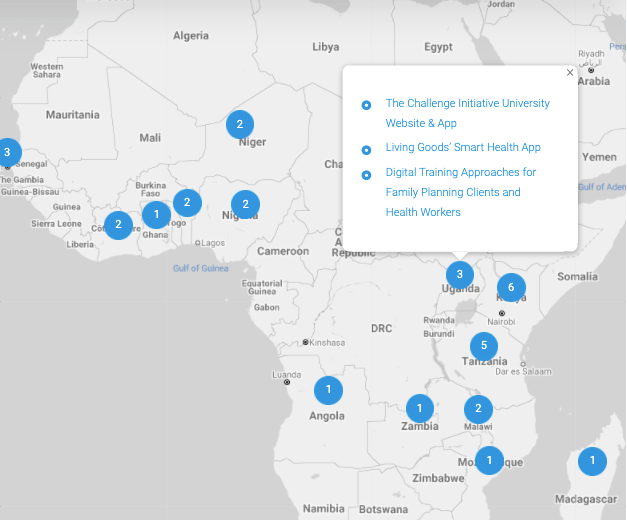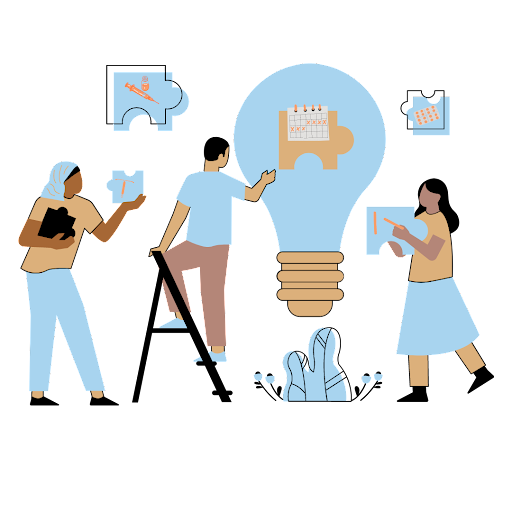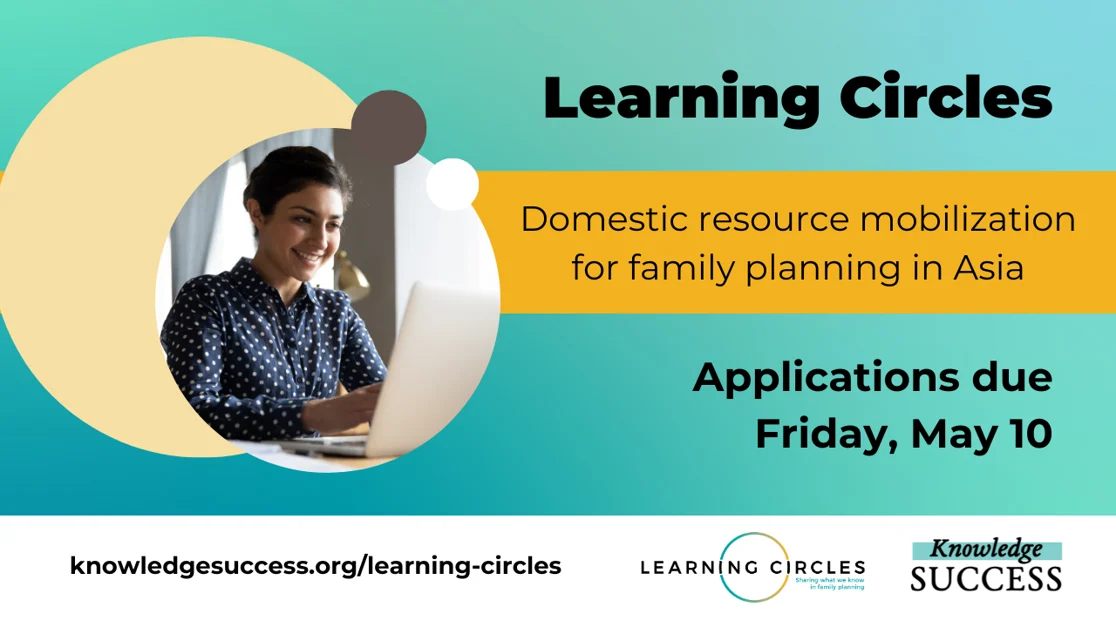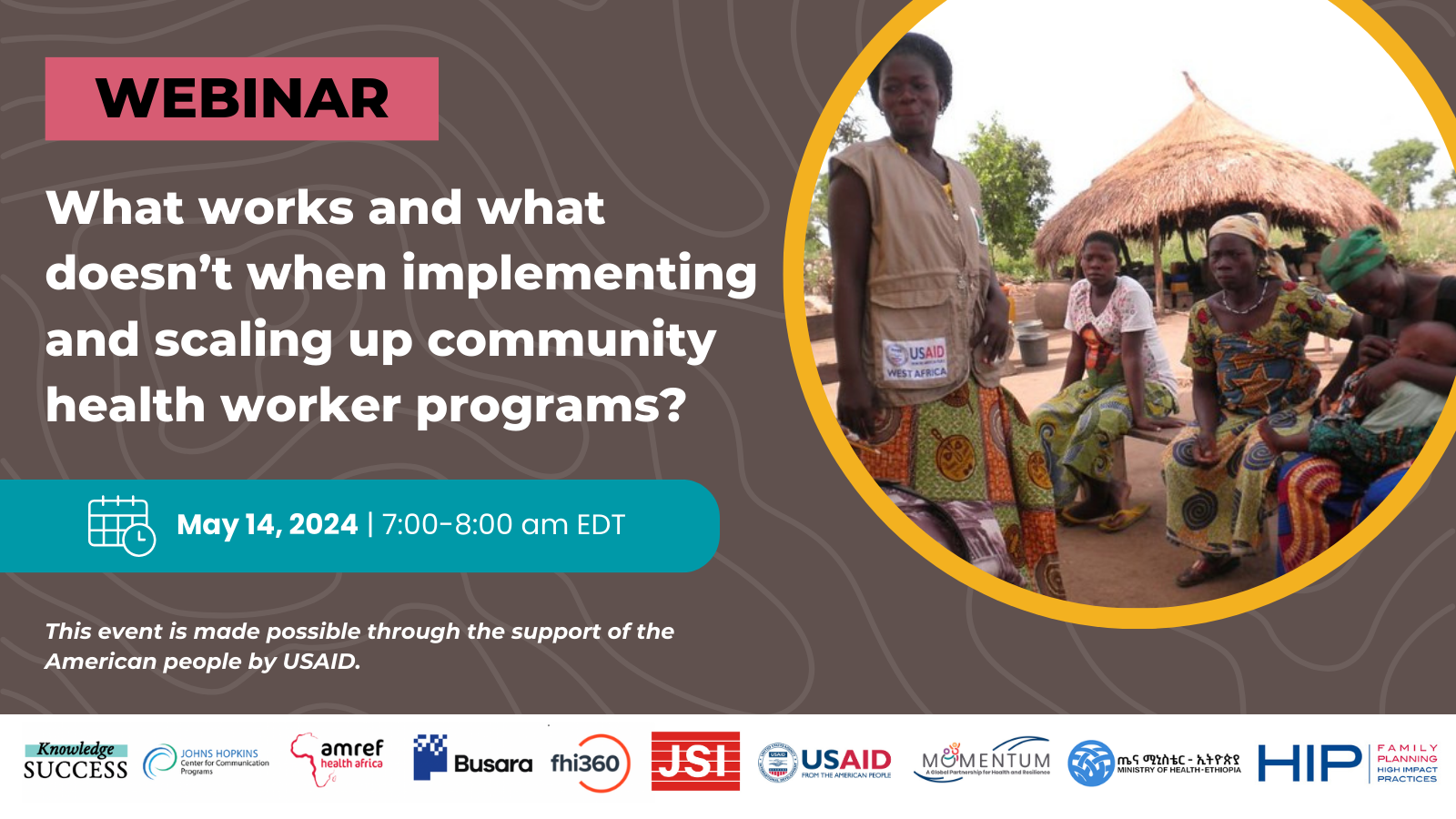The compendium will be updated regularly with new case studies. Sign up to receive notifications when new case studies are added, or contact PACE to submit your own. PACE will share a simple template to frame your submission, including the following core components:
- Partner information
- Geographic scope
- Digital health intervention and enabling environment classifications
- Digital health solution overview
- Program/project context
- Evaluation and results data
- Lessons learned
- Conclusions
- References
- Photos
To accelerate the adoption of digital technology in family planning programs, we need more data and information on the challenges, opportunities, scalability, and results. Submitting information into the Compendium on your project’s use of digital health for family planning is an opportunity to share your learnings with a broad audience of development partners and country stakeholders, and generate insights that support decision-making about current and future programs based on promising practices and real-life lessons.



